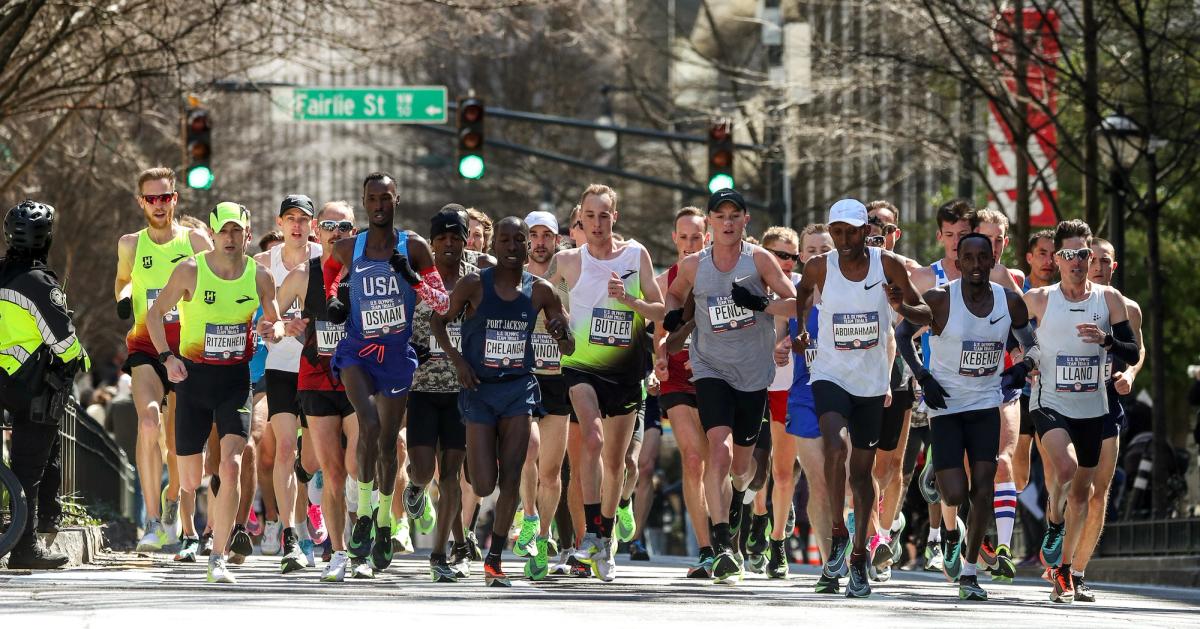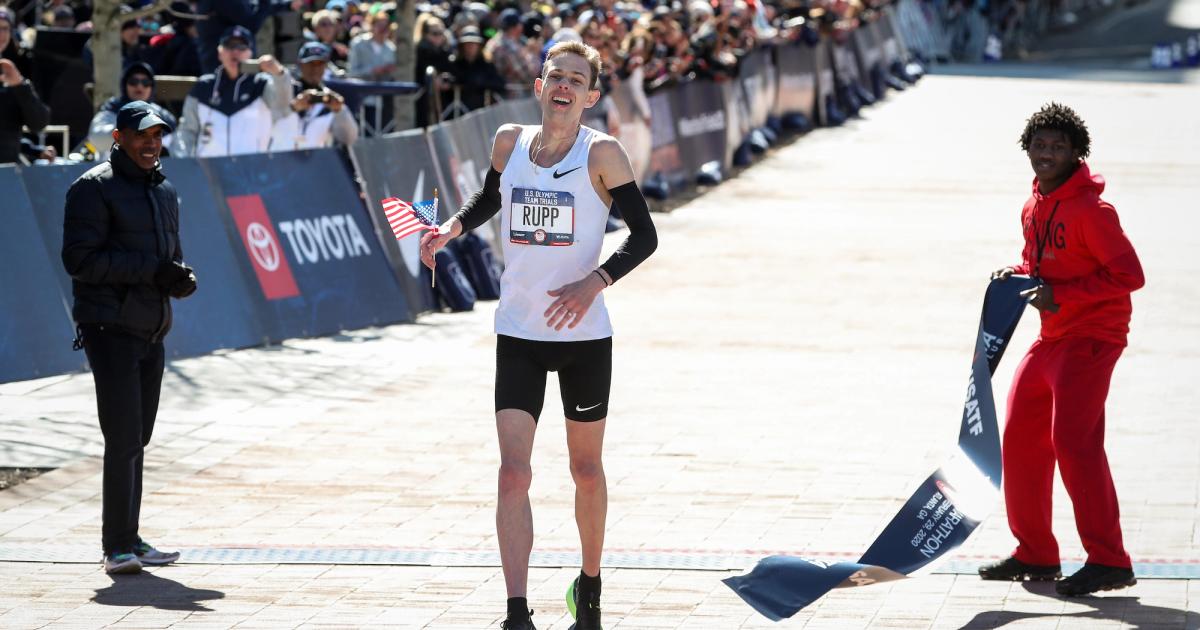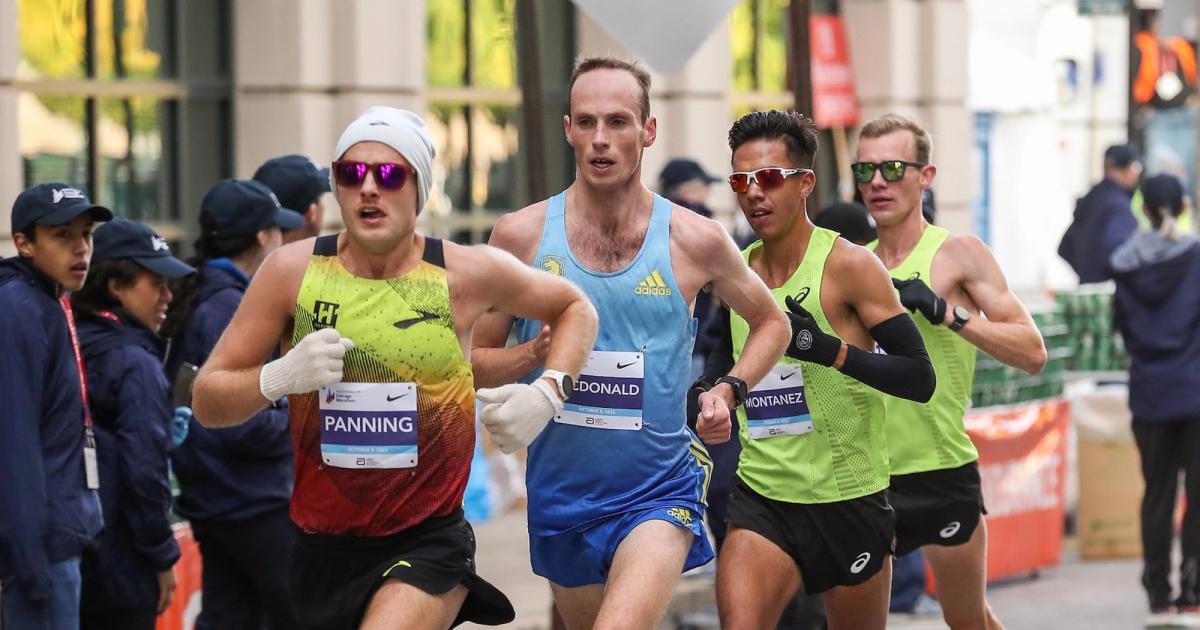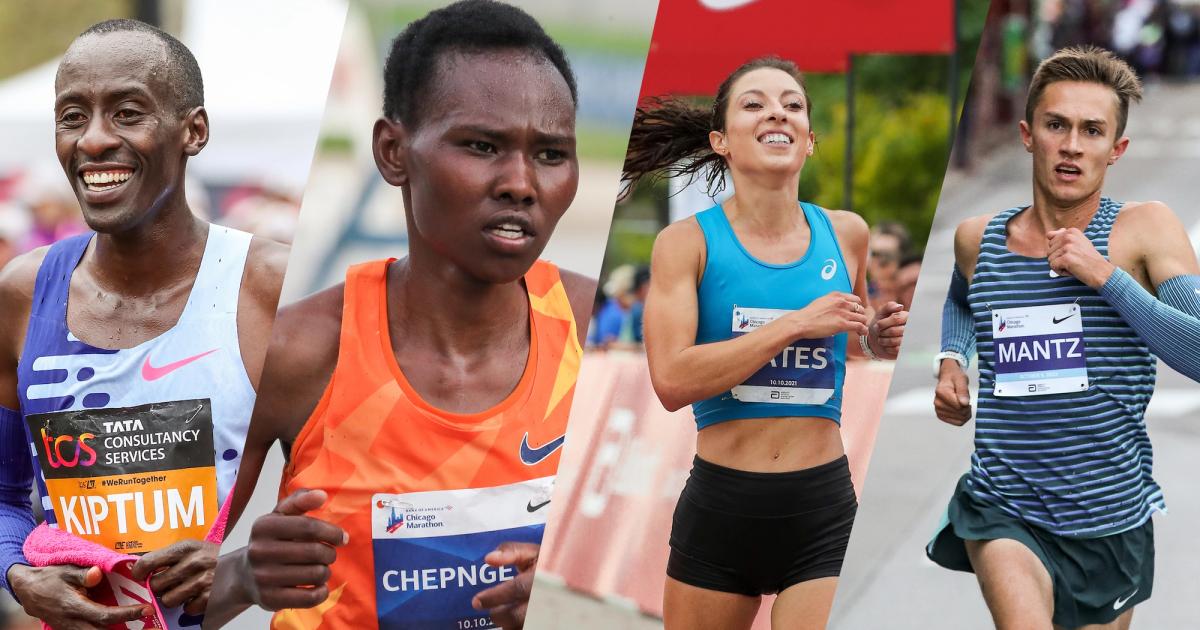By Chris Chavez
August 1, 2023
The city of Orlando, Track Shack, the Greater Orlando Sports Commission, the United States Olympic & Paralympic Committee, and USA Track and Field unveiled the route for the 2024 U.S. Olympic Trials marathon, which will be held on Saturday, Feb. 3, 2024.
Here’s what you need to know:
– The U.S. Olympic Marathon Trials serves as the selection race for the men’s and women’s Olympic team that will compete at the Summer Games in Paris. The top three finishers who also meet World Athletics’ qualifying standards will go on to represent the United States at the Olympics.
– Last November Orlando was announced as the host city over Chattanooga. We spoke with Track Shack’s Jon and Betsy Hughes about hosting the event.
– An email was sent to athletes on Monday evening with the following information: “The reveal promises a fast, flat course lending itself to the attainment of Olympic qualifying times. The race will be televised live on NBC and begin at Noon EST. For three hours, our men and women distance runners will be showcased through unprecedented coverage on a national television broadcast; both races shown in their entirety.”
– The course consists of one 2.2-mile loop and then three 8-mile loops.
– The route will hit and showcase Orlando’s Central Business District, City District, South Eola, Lake Eola Heights Historic District, Lake Cherokee Historic District, and Thornton Park District. The finish is in front of the Walt Disney Amphitheater at Lake Eola Park.
– The men’s race will start at 12:10 p.m.
– The women’s race will start at 12:20 p.m.
– For the friends, family, and fans attending, there will also be a community 5K and mile on Sunday, Feb. 4 at Lake Eola Park at 7:30 a.m.

orlando2024trials.com
Our Take
The noon start time is not ideal for the athletes competing. This feels a lot like the 2016 U.S. Olympic Marathon Trials in Los Angeles where temperatures reached the mid-70s and several athletes dropped out due to dehydration and medical emergencies. Those races started at 10:06 a.m. Pacific time for the men and 10:22 a.m. for the women. How bad was it? Among the snafus in Los Angeles was that organizers and officials planned to have sponges soaked in cold water for the athletes but accidentally ordered sponges that contained soap so they turned to hand towels and cotton cloths. The hope is that organizers learned from those mistakes so we won’t have any of those instances in Orlando.
USATF is also currently facing a lawsuit related to the impacts of extreme heat on athletes. In 2022, heptathlete Taliyah Brooks filed a lawsuit against the national governing body after collapsing during the 2021 U.S. Olympic Trials in 100+ degree temperatures. The suit alleges that “USATF did not respond to protect the health, safety, and well-being of the female heptathlon competitors, despite being well aware of the extreme risks of proceeding with the women’s heptathlon competition during the hottest part of the hottest day on record in Eugene, Oregon. This conduct by USA Track and Field was unconscionable and in disregard of its duty to prioritize health and safety of its athletes.”
Depending on how this year’s fall marathons shakeout, there could be major qualifying implications on the line for the U.S. men, which now gets complicated by the weather conditions. As it stands, no American man has run under the Olympic qualifying standard of 2:08:10, none have finished top 5 at a platinum label race and we’ll have to see how many are in the world rankings quota in early February. (Federations can reallocate spots to athletes who have run under 2:11:30) We explained the men’s qualifying conundrum in May.
We’ll have to hope that athletes perform well enough at this month’s World Championships, at Berlin, and at Chicago to help assure at least one of the top finishers at the Trials can go to Paris. A noon start in Orlando, where temperatures have hit 80 degrees at times in February, is not conducive to athletes running fast enough to hit the standard at the Trials. In 2016, Galen Rupp’s winning time in Los Angeles was 2:11:12, and no American man has ever run under 2:08:10 at a Trials race.
This is less of an issue on the women’s side, where they have more than three women who have achieved the Olympic qualifying mark of 2:26:50. As previously noted in May, as long as “first, second and third achieve under 2:29:30 on a valid course prior to or AT the trials. They will have secured their place on the Olympic team.”
A key concern here is the perception that athletes’ interests are not being prioritized and that their voices are not being heard.
2020 Olympic Trials champion Aliphine Tuliamuk, in noting that Atlanta did not prioritize recreating Olympic conditions and still produced a U.S. medalist, urged fellow athletes to voice their concerns with the late start time.
Sara Hall tweeted: "The Olympic Trials should be a race similar to the Games and not a slog of attrition. USATF - listen to the athletes. Listen to what we said after the 2016 Marathon Trials where half the field dropped out, in conditions cooler and less humid than Orlando will likely be."
Emily Sisson, who won the U.S. Olympic Trials 10,000m title on the track in 80-degree temperatures, also voiced her concern over the conditions. She tweeted: "USATF needs to be prepared to tape delay. Not sure what temp cutoff should be to move it but at noon sun will feel strong. We’ll heat prep for it but even training in Orlando in January probably won’t be warm enough. Don’t need perfect weather just want safe!"
On the contrary, two-time Olympian Des Linden, who also works part-time as a commentator for NBC, tweeted: "Unpopular opinion but as someone who starts my runs at ~11am I’m pretty geeked on the extra hour to goof around before training. Warmer temps should slightly minimize the pace of super shoes and reward smart racing."
At the very least, the email to the athletes should’ve just been straightforward and transparent about USATF’s intentions with the start time. Presumably, the start time is intended to attract more eyeballs with the television broadcast. The last two editions of the U.S. Olympic Marathon Trials were televised by NBC. The hope is that there’s some guarantee from NBC that the marathon trials will be shown on the main NBC TV channel over whatever other events may come up, so that we avoid an instance like this year’s U.S. Championships, where none of it was shown on NBC and it was relegated to CNBC (while also streamed on Peacock) with bad ratings.
The alternative idea could have been to have the race earlier in the morning and stream it on Peacock with a tape-delayed version on NBC at noon (There’s certainly a quality difference between NBC handling the stream on Peacock to some of the lagging issues that USATF.TV ran into while handling the Thursday night coverage of the U.S. Championships). If watching the Trials could convert someone into a running fan, they probably wouldn’t care if it’s on tape delay if they already aren’t a diehard fan. (Who knows if NBC would give a tape-delayed race that kind of treatment since they want to have as high viewership numbers as possible) The true running geeks will stream it regardless. If viewership is the concern, then maybe a warm/humid climate in the Eastern time zone wasn't the best choice.
Often, balancing different competing considerations between making the sport of running attractive and accessible to fans while creating conditions for athletes to succeed is challenging.
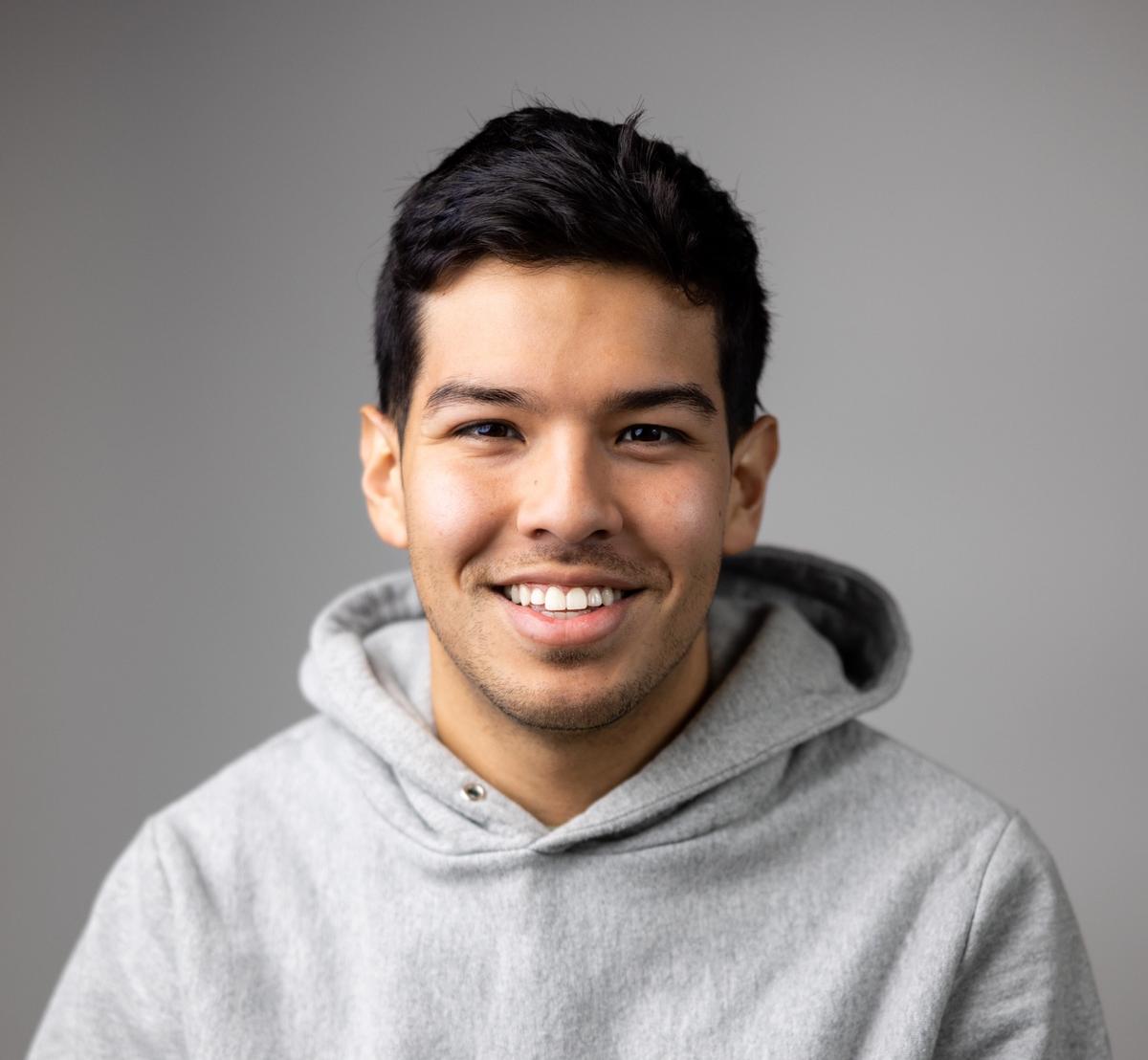
Chris Chavez
Chris Chavez launched CITIUS MAG in 2016 as a passion project while working full-time for Sports Illustrated. He covered the 2016 Olympics in Rio de Janeiro and grew his humble blog into a multi-pronged media company. He completed all six World Marathon Majors and on Feb. 15th, 2025 finally broke five minutes for the mile.
